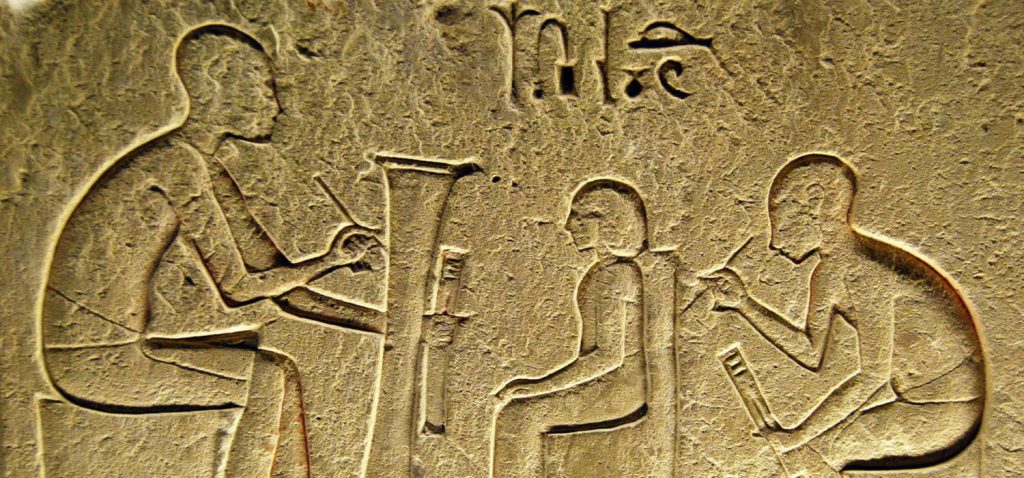
As you know, the time after lunch at school is dedicated to the students’ own projects. This hasn’t worked out for everyone. And even those who do succeed in steering their ship to port, don’t do it quite as often as I know they could. So this year we are trying out a much tighter framework: Theme weeks.
Each week this Autumn has it’s own HUM Theme, mostly centered around world history. The week will be rounded off on Fridays with presentations and a form of party or event. Sometimes these events will be during school hours, sometimes we will drum up a larger happening for parents. The point of these parties is creating a clear deadline, and offering a sense of satisfaction through completing a project and cooperating with the others.
Typical projects will be decorating the school according to the theme, making 3D maps and paintings, learning and telling stories, making appropriate food, practicing appropriate music. There’s hardly any limit, really. Casting tin figurines, putting on plays, making costumes. There will also be quizes and games to keep knowledge retention at an acceptable level.
Kids who are busy figuring out how to split atoms or discovering alternative solutions to Fermat’s theorem, completely divorced from any school-mandated theme, will of course encouraged to pursue this. But from experience most children need some kind of scaffolding. Later this semester we will do some brainstorming and let the students decide on themes themselves.
To be honest, I have been continually amazed at how much our kids clearly learn even while goofing off and avoiding formal school work. A typical example is seeing six-year-olds manipulate six-digit numbers while playing board games. However, we all need a distinction between free time and work. Worming oneself out of doing any kind of assignments is no longer an option. Kids who just don’t take to the cursed projects will of course be given other options.
World history and all it’s adjacent pleasures (civics, economics, religion) thus being taken care of, we free up time during the “HUM days” to concentrate entirely on Danish, English and French during the morning work hours. Even here, though, we will look into theme-related texts and assignments.
I’ve tried to set this up so that subjects encountered during HUM theme weeks crop up again later. Archimedes and Pythagoras in ancient Greece turning up in math, Roman costumes being recycled several months later in the Christmas pageant and so on.
It is all very clever. On paper, at least.
Any encouragement from parents to create excitement about these themes is greatly appreciated. We will have some theme related, voluntary field trips for the whole family outside of school hours. Tickets for various projects will be posted well in advance and linked to in the EFD Newsletter, giving everybody a chance to decide in advance what they want to do. (See here for an example of project options during the upcoming “Bootcamp week”.)
What matters, in the end, is if this works for the students. Fortunately we evaluate every week at conseil on Fridays, so any displeasure will not be kept a secret for long.